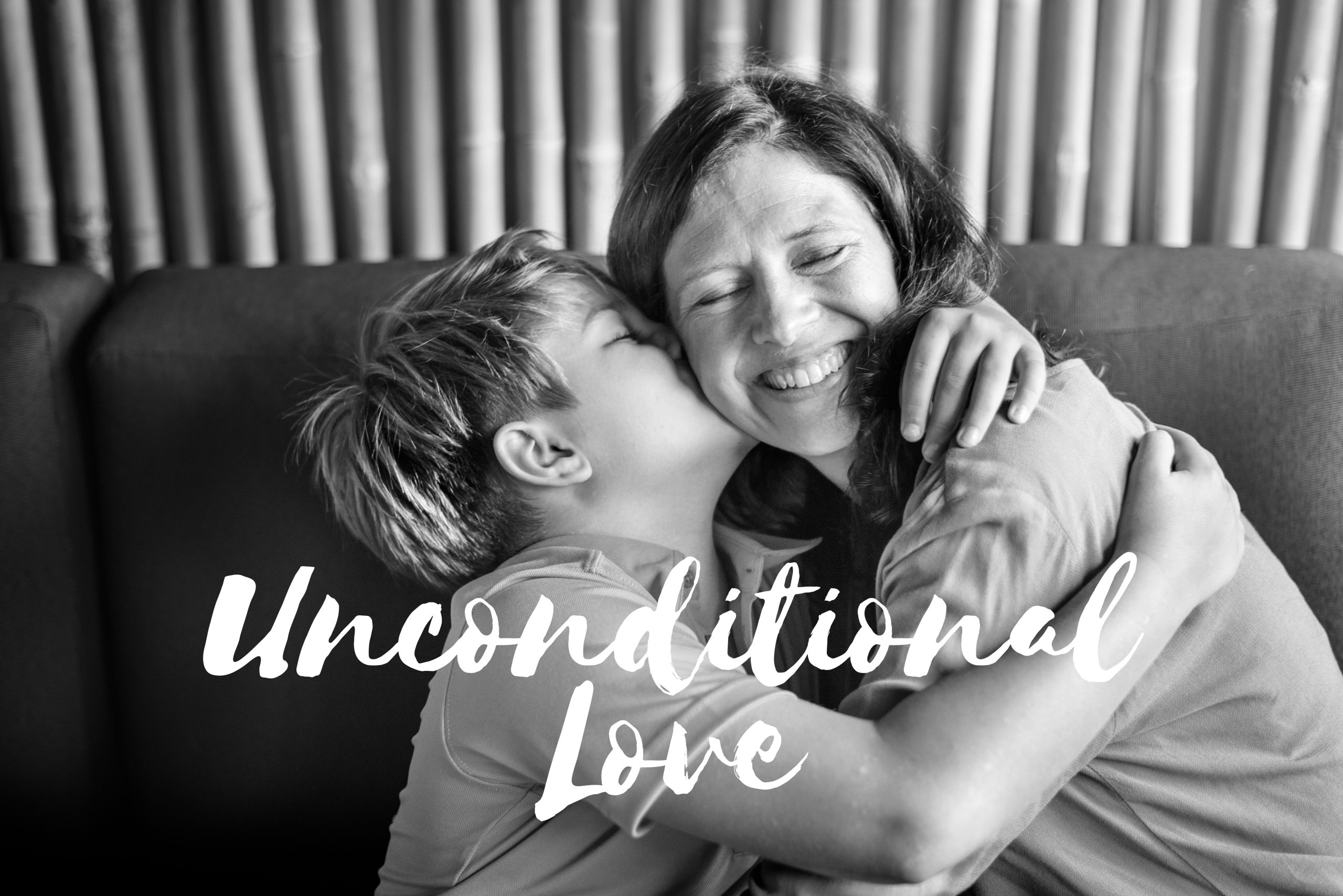
123rf
Establishing a deep emotional bond with your child is one of the most profound and rewarding experiences a parent can have. In today’s fast-paced world, where digital distractions abound and time is at a premium, it can be challenging to create meaningful connections that resonate at the heart level. “Unlock the Heart of Your Child: 10 Life-Changing Ways to Build an Emotional Bond” is a guide designed to help parents navigate the intricacies of emotional connectivity, providing practical, heartfelt strategies to foster a loving and understanding relationship.
This journey is not just about nurturing a bond; it’s about unlocking the very essence of your child’s emotional world, paving the way for a relationship that is rich, fulfilling, and deeply connected. Through intentional actions, empathetic listening, and shared moments of joy and vulnerability, parents can bridge the gap between mere coexistence and a profound, lasting bond that transcends the ordinary, shaping the foundation of their child’s emotional well-being.
1. Active Listening

123rf
Active listening goes beyond hearing words; it’s about understanding your child’s feelings and perspectives. Show genuine interest in what they say, maintain eye contact, and avoid interrupting. Reflect on their feelings to show you comprehend their emotions. This practice validates their experiences and shows that you value their thoughts. Active listening fosters trust and encourages open communication. It’s a powerful tool in building a strong, empathetic bond with your child.
2. Quality Time

123rf
Dedicate uninterrupted time to your child, engaging in activities they love. Quality time doesn’t require grand gestures; it’s about being fully present in the moment. Create a special routine or tradition that’s just for the two of you. This could be as simple as reading a book together every night or having a weekly game night. Such moments are precious and reinforce the message that they are important to you. Quality time strengthens the bond and creates lasting memories.
3. Empathetic Support

123rf
Empathy involves seeing the world through your child’s eyes and understanding their feelings. Offer comfort and understanding during tough times, validating their emotions without judgment. Teach them how to express and manage their feelings healthily. Being a consistent source of support builds a secure emotional foundation. Your child learns to trust and rely on you, knowing you’re their safe haven. Empathetic support nurtures a deep, trusting relationship.
4. Positive Reinforcement

123rf
Celebrate your child’s achievements and positive behaviors with praise and encouragement. Focus on their efforts and progress, not just outcomes. Positive reinforcement boosts self-esteem and motivation. It communicates your belief in their abilities and values their accomplishments. Constructive feedback, when necessary, should be given lovingly and should focus on growth and improvement. This approach strengthens the bond through mutual respect and positive interaction.
5. Shared Learning Experiences

123rf
Learning together creates a unique bond. Engage in activities that stimulate curiosity and growth, like exploring a museum, reading a book, or starting a hobby together. These shared experiences not only educate but also allow for fun and interactive moments. They demonstrate your commitment to growing together. Shared learning fosters mutual respect and intellectual connection, enriching your emotional bond.
6. Open Communication

123rf
Encourage open dialogue where your child feels free to express thoughts and feelings without fear of judgment or reprimand. Establish a family environment where communication is a two-way street. Teach them how to articulate their emotions and thoughts clearly. Listening to and respecting their opinions fosters self-expression and confidence. Open communication is the cornerstone of a trusting and emotionally connected relationship.
7. Unconditional Love

123rf
Express love unconditionally, not based on achievements or behavior. Let your child know you love them for who they are, not what they do. Unconditional love provides the security and acceptance necessary for healthy emotional development. This form of love teaches children their intrinsic value and fosters a strong self-identity. It’s the purest form of emotional connection, reinforcing a deep-seated bond.
8. Set Boundaries with Love

123rf
Setting clear, consistent boundaries with love and respect teaches children about limits and responsibilities. Explain the reasons behind rules to foster understanding and cooperation. Boundaries enforced with love and respect, rather than fear or punishment, promote trust and respect. They help children feel safe and secure, knowing what’s expected of them. This structure supports a healthy, respectful bond.
9. Encourage Independence

123rf
Fostering independence in your child builds confidence and trust. Provide opportunities for them to make choices and solve problems on their own. Supporting their independence shows your trust in their abilities and judgment. Celebrate their successes and guide them through their failures. Encouraging independence while providing a safety net strengthens the bond through trust and respect.
10. Practice Self-Reflection

123rf
Be aware of your own emotions and reactions in parenting. Self-reflection helps you understand how your behavior impacts your child. It allows you to model the emotional intelligence you wish to see in them. Acknowledge your mistakes and learn from them, showing your child that growth is a lifelong process. Practicing self-reflection not only improves your own emotional well-being but also enhances your relationship with your child.
Nurturing the Soulful Connection

123rf

Latrice is a dedicated professional with a rich background in social work, complemented by an Associate Degree in the field. Her journey has been uniquely shaped by the rewarding experience of being a stay-at-home mom to her two children, aged 13 and 5. This role has not only been a testament to her commitment to family but has also provided her with invaluable life lessons and insights.
As a mother, Latrice has embraced the opportunity to educate her children on essential life skills, with a special focus on financial literacy, the nuances of life, and the importance of inner peace.